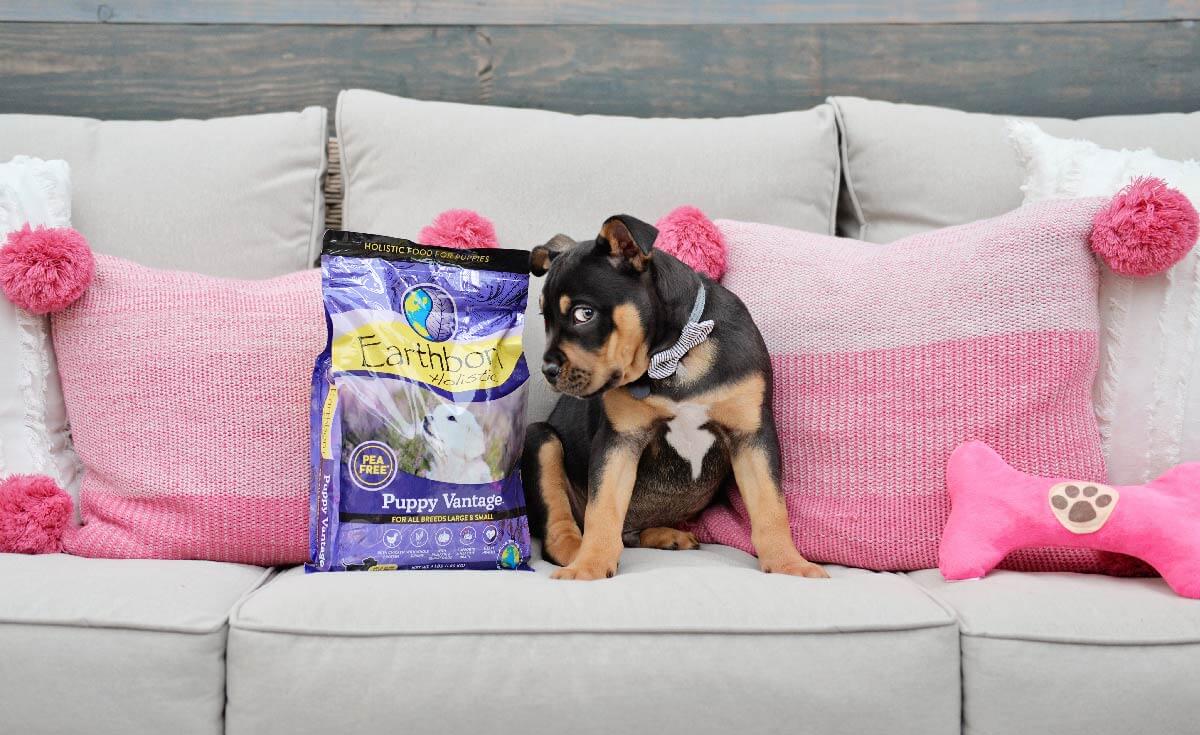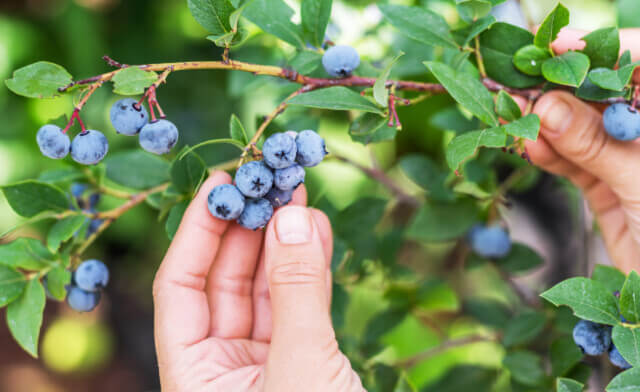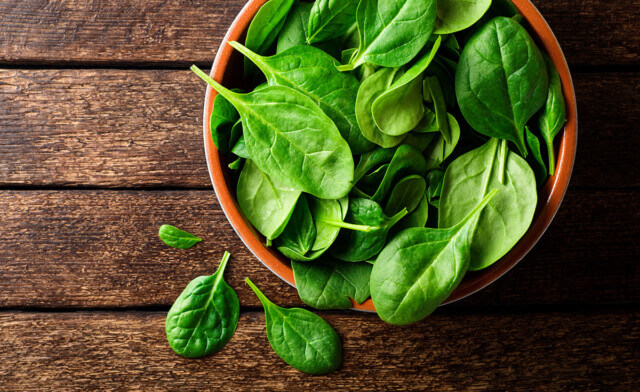First Time Finding Food for Puppies? Here’s What You Need to Know
As a first-time puppy parent, you may be wondering what kind of food to feed your pup. These days, there are plenty of options to choose from, including dry and wet food, high-protein options, weight control food, and more. But let’s face it, with all the different choices available, it can be overwhelming to choose the right one.
To help you make an informed decision, we’ve put together this handy guide that covers everything you need to know when it comes to finding the right food for your puppy. So, sit back, relax, and read on. By the end of this post, you’ll have the knowledge and confidence to choose the perfect food for your pup!

Age-Appropriate Food Is Important
Feeding puppies appropriately is essential for ensuring that they grow into healthy, happy adult dogs. Puppies have different nutritional requirements than their adult counterparts, and it’s important to feed them the right foods to support their growth and development.
Puppy food is specially formulated to meet the high energy and nutrient requirements of growing puppies. Some of the key ingredients in puppy food include high-quality proteins, complex carbohydrates, and healthy fats to provide an optimal balance of energy and nutrients. The best food for puppies will also contain vitamins and minerals, as well as essential fatty acids like omega-3 and omega-6, to support healthy brain development.
Puppies should be fed puppy food until they reach their full-sized adult weight. For smaller breeds, this usually happens when they’re around 12 months old. But larger breeds may take up to two years to reach their adult weight. After that, you can switch them to an adult food formula that’s appropriate for their breed and size.
It’s also important to keep in mind that a 4-week old puppy feeding schedule will be different from a 6-week old puppy feeding schedule. Puppies younger than 3-4 weeks old will need to be bottle fed as they are not ready for solid food yet. From around 4 weeks of age, you can start feeding them dry puppy food mixed with milk or water to moisten it.
When your puppy is a little older, around 6-8 weeks of age, you can gradually start to reduce the amount of liquid you mix in with their food. Puppies should be fed more often than adult dogs, so make sure to feed your pup several times a day. This will give them the steady energy and nutrients needed for healthy growth and development.
Remember, the best thing to feed puppies is a high-quality, age-appropriate food that meets their nutritional needs. If you’re unsure about what kind of food to feed your pup, it’s best to consult your vet for advice on which puppy food is right for your pet.
Wet Food Is an Option
Wondering what age can puppies eat wet food? Once your puppy is at least 6-8 weeks old, you can start to introduce wet or canned puppy food. This type of food has a higher moisture content than dry kibble, which is beneficial for puppies that may not be getting enough water.
Wet puppy food is also a great option for picky eaters, as it has a more appetizing smell and taste than dry kibble. It can even be used as an appetizer or topper for dry food, making mealtimes more enjoyable for your pup.
When choosing wet food or dry food for puppies, make sure to read the ingredients label carefully and choose a pet food for puppies that’s specifically formulated for your pup’s life stage. That way, you can be sure that your puppy is getting the right balance of nutrients for healthy growth and development.
The best wet puppy food should contain high-quality ingredients such as real meat, fresh fruits and vegetables, and added vitamins and minerals. In addition, look for foods that are free from artificial additives. Some of the top-rated wet puppy foods may also include probiotics to support healthy digestion, as well as omega-3 and omega-6 fatty acids for optimal brain development.
Dry Food Is an Option
Dry food is a perennial favorite among pet parents, and it’s a great option for puppies as well. In fact, dry puppy food is a convenient, budget-friendly choice that can provide your young dog with all the nutrition they need to grow up healthy and strong.
So, at what age do puppies start eating dry food? There’s really no one-size-fits-all answer to this question, as it depends on the size and breed of your puppy. Remember, puppies have tiny teeth and sensitive tummies, so they’ll need to be introduced to dry food for puppies gradually.
As mentioned earlier, you’ll want to start off by mixing dry puppy food with milk or water to moisten it. This turns dry food into a nutrient-rich, porridge-like meal that’s much easier for your puppy to digest. Starting from 6-8 weeks of age, you can start reducing the amount of liquid used to moisten their food. By around 10 weeks of age, your pup should be able to tolerate small meals of dry kibble for puppies without any issues.
When choosing good dry food for puppies, the same rules apply as with wet food. Choose a complete and balanced food that’s specifically formulated for puppies. It should contain high-quality, whole ingredients and be free from artificial additives. Earthborn Holistic Coastal Catch is a great choice as it’s made with real meat, fruits and veggies, and added vitamins and minerals. Plus, it contains none of the fillers and additives found in some lower-quality puppy foods.

Food Sensitivities Are Important
Food sensitivities can be a problem for some puppies. If your pup has an upset stomach or other digestive issues, it’s important to figure out whether they have a food sensitivity or allergy. Speak to your vet if you suspect that your pup may be sensitive to certain ingredients, as they can help you find a good food for puppies with sensitive stomachs.
Puppies with sensitive tummies generally do better on a limited ingredient dog food that’s made from high-quality, easily digestible ingredients. That means looking for puppy foods that are free from grains, artificial additives, and other fillers. Similarly, puppies with food allergies or intolerances may need to switch to a diet that’s free from specific ingredients, depending on what they’re sensitive to.
If your puppy is a picky eater, it’s also a good idea to look for foods that offer variety. Unfortunately, there’s no single best dog food for picky puppies, as every pup has their own specific needs and preferences. This means that you’ll need to experiment with different textures, flavors, and ingredients to find the food that best appeals to your pup’s palate.
Weight Control Food Is Out There
Although some puppies are prone to gaining weight easily, many others have a hard time putting on enough weight. If your pup falls into the latter category, speak to your vet about choosing the best dog food for puppies to gain weight. These types of foods are usually high in calories and contain added fats for extra energy.
Again, it’s important to understand that there’s no ideal dog diet that will suit every puppy. The type of food that works best for your pup will depend on their individual needs. That’s why it’s always a good idea to speak to your vet about the best way to ensure that your puppy is getting all the nutrition they need to stay happy and healthy.
On the other end of the spectrum, puppies that are prone to gaining weight easily need to be carefully monitored. If you notice that your pup is starting to carry a few extra pounds, speak to your vet about switching them to a puppy diet food. These foods are usually lower in fat and calories but still full of the nutrients that puppies need for healthy growth and development.
No matter what type of food you choose for your pup, it’s vital to make sure that they’re getting all the nutrients they need. Puppies need plenty of protein, fats, carbohydrates, vitamins, and minerals in their diet to grow strong and healthy. Work with your veterinarian to create a healthy puppy diet plan that takes your pup’s individual needs into account.
Feeding Charts Are Helpful
When it comes to feeding puppies, many people find it helpful to use a puppy feeding amount chart. These charts can provide useful guidelines on how much and how often your pup should be fed. Just remember that this is not an exact science, so it’s important to pay attention to your puppy’s individual needs and adjust their feeding schedule accordingly.
For example, small breed puppies typically need to eat more frequently than larger breeds, whereas large breed puppies may need fewer meals per day but with higher amounts of food each time. If you have a small breed pup, look for a small breed puppy feeding chart that provides an appropriate meal plan. Similarly, if your puppy is a large breed, look for a large puppy feeding chart with meal plans tailored to their needs.
It’s also possible to find feeding charts that are specifically designed for puppies of a certain breed. If you have a German Shepherd puppy, for example, an online search for “weight chart for German shepherd puppy” can provide you with helpful guidelines on how much your pup should be eating and when.

Puppy Breed Matters
Breed is an important factor to keep in mind when choosing the best dog food for puppies. Some breeds require special supplements or extra nutrition, while certain diets may be better suited for others. If you’re feeding a Rottweiler puppy, for example, look for a puppy formula specifically designed for large breeds.
On the other hand, if you have a toy poodle puppy, look for a small breed puppy formula that contains all of the necessary nutrients in the appropriate amounts. As mentioned in the previous section, you can also find breed-specific puppy feeding charts online to help you determine the best way to meet your pup’s individual nutritional needs.
Simply search for a toy poodle puppy feeding chart, a bulldog puppy feeding chart, or any other breed-specific feeding guidelines to get started. Searching more generally for small or large breed puppy feeding guidelines can also provide helpful information.
Tastiness Is Important
Pickiness can be a problem for some puppies, so it’s important to choose a food that your pup will actually eat. Wet food is usually more palatable to picky eaters, as the texture and taste are typically closer to what they’d find in the wild. However, wet food can also be higher in calories, so you still need to watch how much you’re feeding them.
As with any type of food for a puppy, the best food for picky puppies is one that’s formulated specifically for puppies, provides appropriate nutrition, and is made from top-quality ingredients. You’ll also want to make sure to avoid foods with fillers or artificial ingredients. Although some of these options may be appealing to your pup, they won’t provide them with the nutrition they need – and may even lead to health problems down the line.
Healthy treats can help entice picky eaters to finish their meal and provide some extra vitamins and minerals. Wondering what kind of treats can puppies have? Some good options for puppies include chopped fresh fruits and vegetables such as carrots, spinach, sweet potatoes, bananas, and apples. Combined with the best nutritional puppy food you can find, these healthy treats will help your pup get the nutrition they need for proper growth and development.
High Protein Options Are Available
Many pet parents opt for high protein puppy food because it can help support their growing dog’s active lifestyle and provide the essential amino acids they need. High-protein dog foods are typically made with high-quality animal proteins such as chicken, beef, or lamb. The best high protein puppy food will also be enriched with vitamins, minerals, and other nutrients to help support healthy development.
When choosing high protein dog food for puppies, the same rules apply as with any other type of food. Look for a puppy formula made with high-quality ingredients, avoid fillers and artificial additives, and read the label to make sure it contains all of the essential nutrients to support your pup’s growth.
The Bottom Line
Overall, finding the best puppy food for your furry friend comes down to understanding their individual needs. With a little research and some trial-and-error, you’ll be sure to find the perfect food to keep your pup healthy and happy. The guidelines in this post are a great place to start, but don’t hesitate to reach out to your veterinarian for advice that’s tailored to your puppy’s individual needs. Happy feeding!




